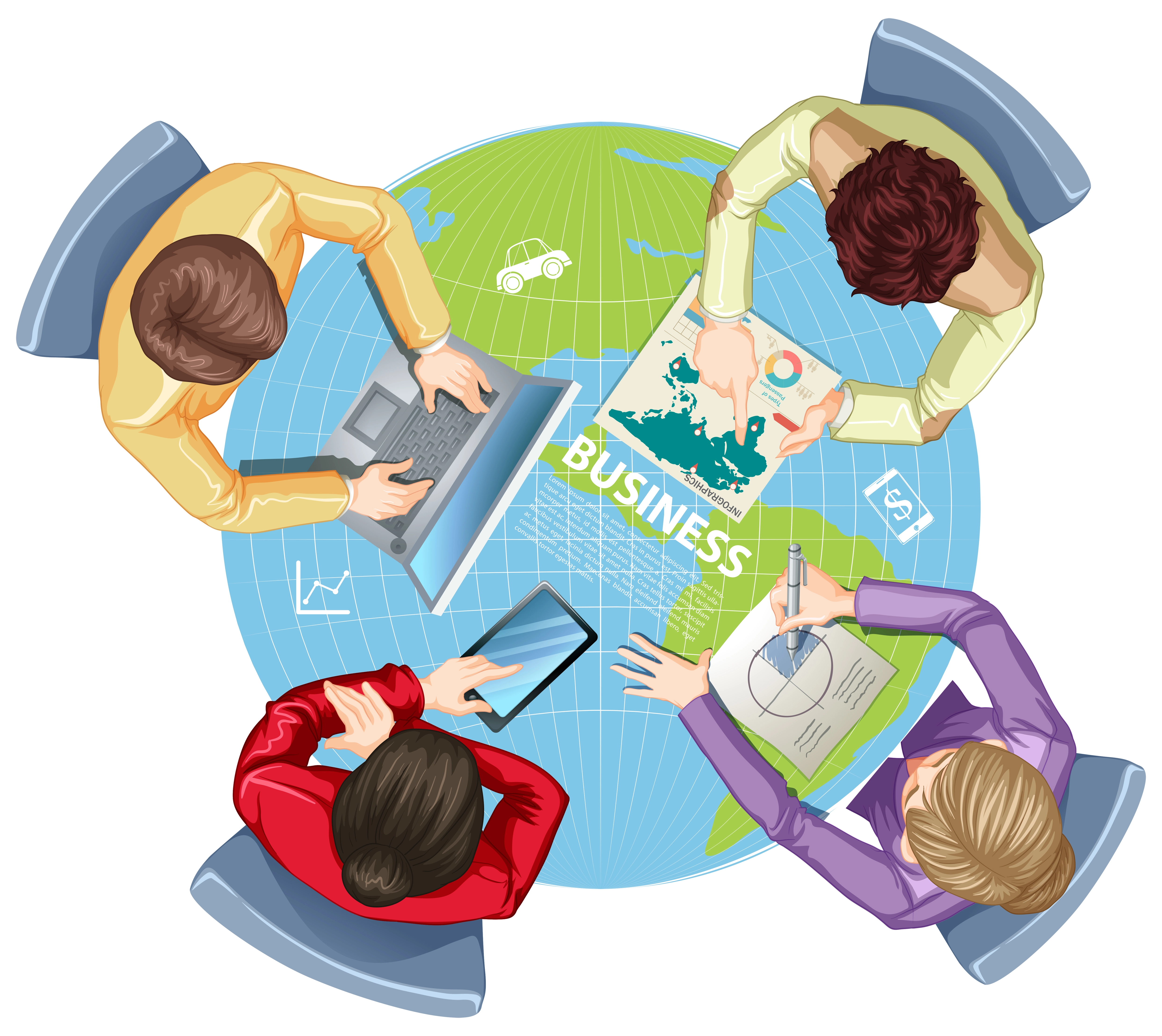Global solutions: actions of governments and international organizations.

The United Nations wants to establish a sustainable development program for 2030 called “Agenda 2030” which was adopted in 2015 by the UN. This program applies to all countries in the world.
This program contains 17 objectives:
- Eradicate poverty in all its forms everywhere.
- End hunger, ensure food security, improve nutrition and promote sustainable agriculture.
- Empower people to live healthy lives and promote well-being at all ages.
- Ensure that everyone can receive quality and equitable education and promote lifelong learning opportunities.
- Achieve gender equality and empower all women and girls.
- Guarantee access to water and sanitation for all and ensure sustainable management of water resources.
- Guarantee access for all to reliable, sustainable and modern energy services, at an affordable cost.
- Promote sustained, shared and sustainable economic growth, full and productive employment and decent work for all.
- Build resilient infrastructure, promote sustainable industrialization that benefits everyone, and encourage innovation.
- Reduce inequalities between and within countries.
- Make cities and human settlements inclusive, safe, resilient and sustainable.
- Establish sustainable consumption and production patterns.
- Take urgent action to combat climate change and its impacts.
- Conserve and sustainably use the oceans, seas and marine resources for sustainable development.
- Preserve and restore terrestrial ecosystems.
- Promote the advent of peaceful and open societies for the purposes of sustainable development.
- Partnerships for the achievement of the objectives.
Local initiatives: businesses, communities and citizens act for a sustainable future.
Many companies in France adopt Social and Environmental Responsibility (CSR) practices to promote sustainable development, such as EDF, which aims for carbon neutrality by 2050, or BNP Paribas, which integrates economic, social and environmental pillars into its strategy. Companies and associations committed to a sustainable future demonstrate that it is possible to reconcile profitability and social and environmental responsibility. By collaborating and adopting sustainable practices, they are paving the way towards a greener and more equitable economy.

Technologies for sustainability.

Technology plays a fundamental role in building a sustainable future. It offers innovative solutions, such as for example in agriculture there are sensors and precision agriculture which make it possible to optimize production while preserving natural resources, to respond to current environmental challenges, such as climate change, the scarcity of natural resources and pollution. Technology is essential to building a sustainable future by transforming our modes of production, consumption and resource management, while promoting a more responsible and efficient approach.
